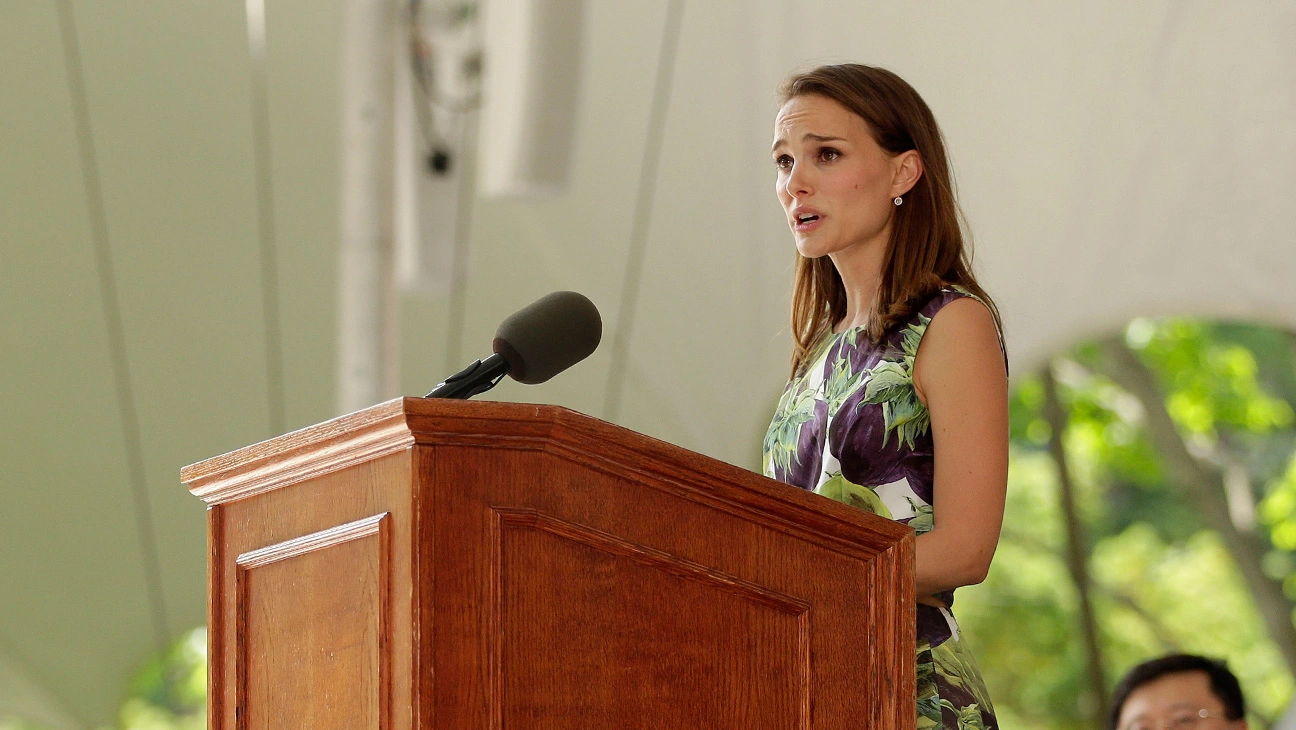6 Common mistakes in English that you SHOULD AVOID!
Let me guess; you’re here because probably you are not a native English speaker and you are learning English… and of course you want to check whether you have been making these mistakes too. Well, I got this for you… Probably you have but why do we make some of these mistakes? Well it’s very very very simple so please read this and stay with the Box!
Let’s speak about something that is called INTERFERENCE and what the hell is interference? Interference is nothing but your first language interfering with the language you’re learning, in this case, if you are a Spanish speaker and Spanish is your first language, Spanish structures, Spanish pronunciation, Spanish vocabulary is interfering with English and that’s why people say things like “No is good” because in Spanish it’s natural to say “No está bien” so in English is “No is good” Right? But no! We know that in English is “It’s not good” and like this there are many many mistakes, but well, having said that, let’s begin spotting them. You’re going to see how often people make these mistakes.

I am agree
Yeah, I know it sounds ridiculous. I know it sounds like “Come on, this is too obvious!” Well, believe me this mistake happens and it happens a lot. Remember in English agree is neither a noun nor an adjective but a verb so you are not supposed to say things like “I’m agree”. In Spanish it’s very typical to say “Estoy de acuerdo” and it sounds dramatically similar to say “I am agree” but no, because “agree” is not an adjective, so in this case what’s the correct form? “I agree” Eliminate the verb to be from your structure.
And what happens if the sentence is negative? Should we use the verb BE? No, we never use the verb BE. Remember that, so the negative form of “I agree” is “I DON’T agree” Well so now let’s move to the next mistake of our list. Are you ready?
Stop overusing how
Yeah, although you don’t believe it, people overuse the word HOW and then again, yes, because of interference! That’s it! Usually the mistakes that I we are spotting right now happen with Spanish speakers learning English. Now let me tell you a very simple example:

“I think Eiza González speaks HOW a native”
Wait! She speaks HOW a native? Are you sure that’s correct? Well, obviously not! In this case although in Spanish it’s pretty natural to say Eiza González speaks HOW a native, in English that doesn’t work. In this case remember you are not supposed to use the word HOW, You are going to use the word LIKE because this word, besides being a verb is also a preposition and it’s a preposition that means SIMILAR TO. So remember every time you’re comparing two objects, two nouns in the way they do something you have to use LIKE and the pattern is quite simple;
verb + like + your noun
So in this case Eiza Gonzalez doesn’t speak HOW a native, she speaks LIKE a native. “Hmm, it smells like hamburgers!” and the same happens with the following questions, questions that in Spanish are commonly used with the equivalent of how in Spanish which is Cómo, but not in English, a very simple example of this is “Hey, how do you call this thing?” If you don’t want anyone to answer back something like “I don’t know, if you want to call that thing you can use your phone or you can text it or you can send an email” probably you’re just going to be like “What the heck?” and that’s for a very simple reason, you are asking for the way, the method, the means you can use in order to give this thing a call. The correct word if you want to know the name of this thing is WHAT, “What do you call this?” Then the other person will reply something like “Oh, a cutter” Exactly, that’s what I meant; a cutter. You see? And the same happens with questions like “How does she look like?” It should be “What does she look like?” And actually it comes connected with the thing that I told you before about like. “What does he?/ What does she look like?“And another example of this is when you are asking for some word that you don’t know and you say “Hey, how’s the word for this?” Is that correct?” In that case you should also use “Hey, what’s the word for this?” “Oh, that’s a cutter”.
I have 30 years old
This is one of the most typical mistakes, this is one of the things that you learn practically from the very beginning; this is basic English. Nevertheless, it’s a very common mistake with accomplished Learners as well. Not only with beginners, not only with intermediate students but with accomplished ones. In Spanish is like typical and actually is normal because literally the question in Spanish is “How many years do you have?” And then you answer how many years you have. In English people don’t ask you how many years you have, that’s why you’re not supposed to say “I have 20” “I have 30” “I have 40” and of course even a worse mistake is to say “I have 40 years old” “I have 50 years old” “I have 60, 70…” And this doesn’t apply to the age of people, this applies practically to the age of everything. If we’re speaking about a movie, the same thing. I don’t say “Hey, how many years does that movie have?” No, I say the same “How old is that movie?” “The other day I was watching Back to the Future and I was wondering how old it is.” Same thing. Well, to help you remember this, next time you’re speaking about something’s or someone’s age, remember not to say the verb HAVE.
How + adjective + verb to be + noun

Fun or funny
People tend to believe that they manage properly the words fun and funny, but probably you are not managing them well and let me tell you why; people tend to believe that actually they are kind of the same thing but no, they are not. Sometimes you want to say things like “Hey, having a holiday in Cabo sounds like a FUNNY thing” but that’s not really right. FUN can be an adjective, yes, but it can also be a noun and it has to do with ENTERTAINMENT there’s no comedy involved, in this case a holiday or vacation in Cabo sounds like a FUN thing, like an entertaining thing… and relaxing by the way. You can also use it in the expression “Let’s have some fun” Let’s have some entertainment, let’s have some relax. Now, speaking about FUNNY, it refers to something that actually provokes you to laugh, in this one comedy is involved. It refers to something hilarious, something comical. When you’re just scrolling on Tik Tok and watching funny videos, exactly! That’s it! You’re watching things that provoke you to laugh so those are funny also comedians comedians are supposed to be funny.
History vs story
Just in the same fashion, we have HISTORY and STORY. The first thing you have to remember is history is an uncountable noun. What does this mean? It doesn’t have a plural form and you cannot use A or AN. You cannot say A history or you cannot say TWO histories… you cannot say THREE histories because it’s an uncountable word and it’s singular. And when do we use it? Well, history refers to the events that happened in the past of someone’s life or the life of a country, the life of a city, the life of a culture, etc. It refers to all this set of events that have happened through the passing of time and of course it also refers to the academic subject. Some people love it some people hate it. And what about story? Well, story on the other hand, works a little bit different. First of all, you must remember story is a countable noun, with this one you can use a plural form and you can say A story. Story is a narration of events that happened to you or someone imaginary or real at some point in time.
Interested or interesting
If you’re speaking about yourself, what do you think that matches better; I am bored or I am boring? Well, if your answer is that you are boring, well, I’m so sorry for you. If you’re saying you’re boring you’re assuming that that’s one of your characteristics; If you start talking, everybody falls asleep. Sorry but that’s what you’re saying. The correct answer should be I’m bored, I’m bored expresses a transitory feeling provoked in my case by an external agent so I feel bored, Did you catch the difference? The ING form represents a situation, a situation that can be created either by people or things in general while the ED adjectives are representing a feeling a reaction that was provoked by an external agent, ED adjectives only work with living things; My dog can be bored, I can be bored but… The movie can be bored? Not really, just follow this pattern:
ING = CAUSE
ED = EFFECT
Well, of course there are many more mistakes that English Learners make and are quite common but we’re going to leave those for a second part. But tell us, have you been making any of these mistakes or have you making any others you believe are commonly made by learners?
We’d love to read you! We urge you to illustrate your reading with our video on this issue.





















